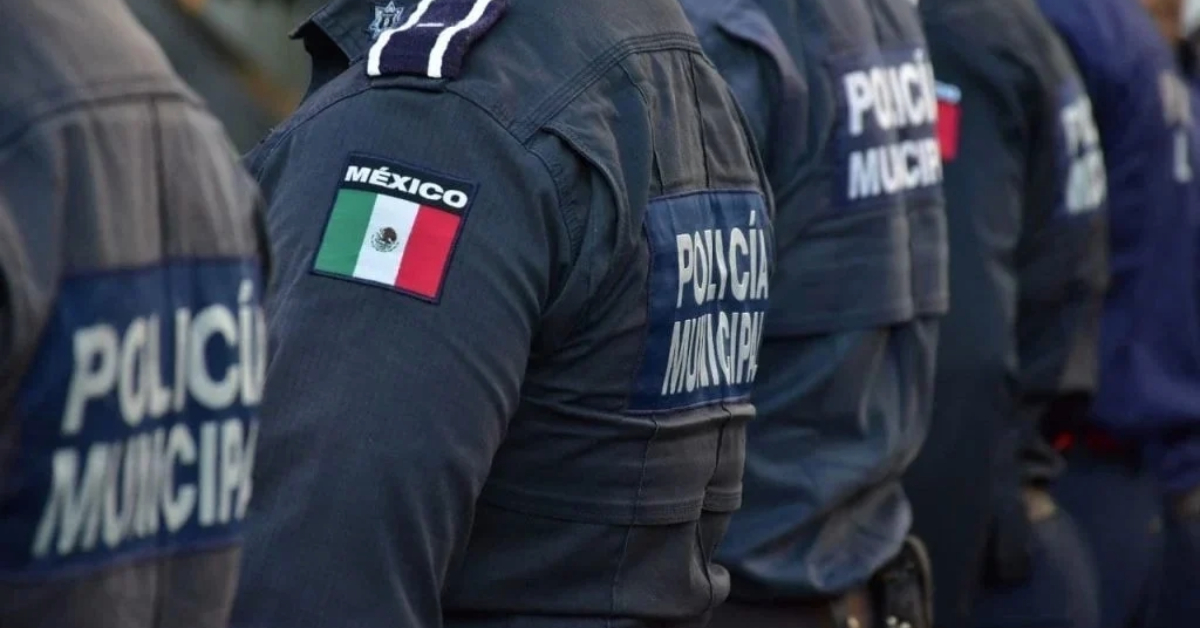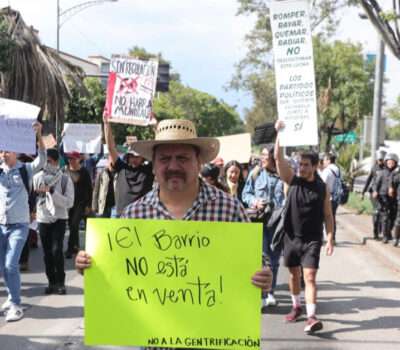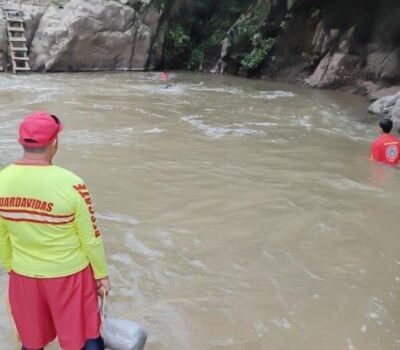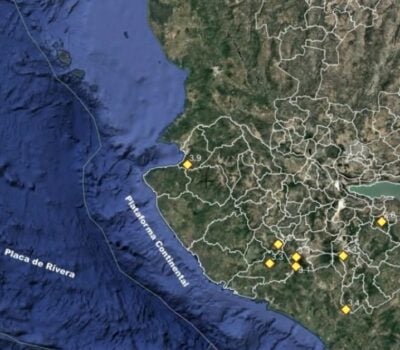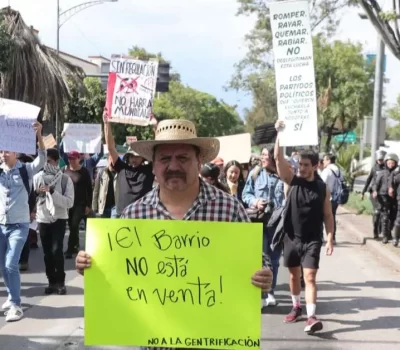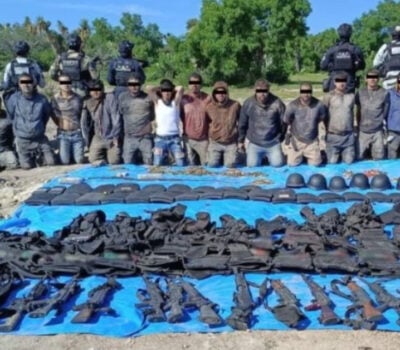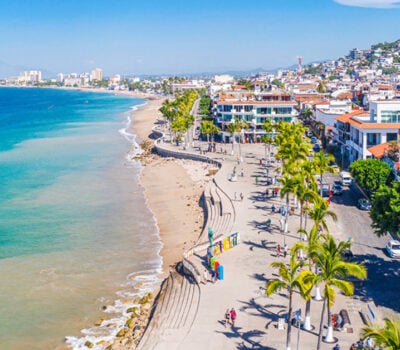Guanajuato state officials investigate several municipal police forces for alleged ties to organized crime, pledging prosecutions for those found complicit.
Authorities in Guanajuato are investigating several municipal police departments for suspected ties to organized crime. State officials confirmed that probes are underway into commanders and officers who may have colluded with criminal groups.
The Secretary of Security and Peace (SSPaz), Juan Mauro González Martínez, announced the investigations during a recent interview. He emphasized that while details remain confidential, law enforcement officials are actively reviewing the conduct of local officers and will pursue criminal charges when evidence warrants it.
“There are investigations underway against commanders and officers in several municipalities,” González said. “The cases are confidential, but they are ongoing. If we find evidence of ties to organized crime, those officers won’t just be fired—they’ll go to jail.”
According to González, around 40 municipal police forces operate in the state, though six municipalities currently lack local forces and are under state control. Of those 40, only 15 have made significant arrests or operations against criminal actors. The rest have failed to produce any notable results.
“The issue isn’t always collusion,” González noted. “Sometimes there’s just no will to work. But when a force doesn’t act, we have to ask why.”
Authorities are scrutinizing municipalities where officers appear unwilling or unable to confront organized crime. While some of that may reflect fear or lack of training, SSPaz is also exploring the possibility that some forces have been infiltrated or co-opted.
González said the state is moving away from administrative responses, such as simple dismissals. “Firing someone who’s corrupt doesn’t solve the problem,” he said. “They need to be prosecuted and put in jail. That’s what we’re doing now.”
The situation highlights a persistent challenge in Mexico’s decentralized policing system, where local police often lack resources, oversight, and support. Organized crime groups have long exploited those weaknesses to secure protection and avoid enforcement.
But not all municipalities are under suspicion. González praised Apaseo el Grande and Apaseo el Alto for recent progress in improving police performance. He credited local mayors with investing in training, restructuring departments, and implementing background checks to weed out unfit officers.
“Apaseo has shown how things can improve when there’s political will,” González said. “They’ve reorganized their police force, increased budgets, and made a real effort to verify who is wearing the uniform.”
Those changes appear to be paying off. In Apaseo el Grande, authorities recently arrested 11 members of the National Guard for stealing fuel—a sign, González said, that enforcement efforts are reaching even federal forces when necessary.
Municipal governments bear legal responsibility for their police, and SSPaz has called on mayors to take a more active role in security policy. While some have responded with reforms, others have yet to show progress.
The investigations now underway could lead to sweeping changes in local law enforcement. If evidence confirms criminal collaboration in specific municipalities, the state could intervene more directly—replacing local forces or filing charges against officers.
As Guanajuato continues to struggle with cartel violence, public trust in police remains fragile. The outcome of these investigations could determine whether communities believe reform is possible—or whether impunity remains entrenched.
SSPaz has not released the names of the municipalities under investigation. González said that information will only be made public after inquiries are completed and criminal proceedings, if any, are initiated.
For now, the message from state officials is clear: municipal police will no longer be shielded from accountability if they’re found working with criminal groups.


